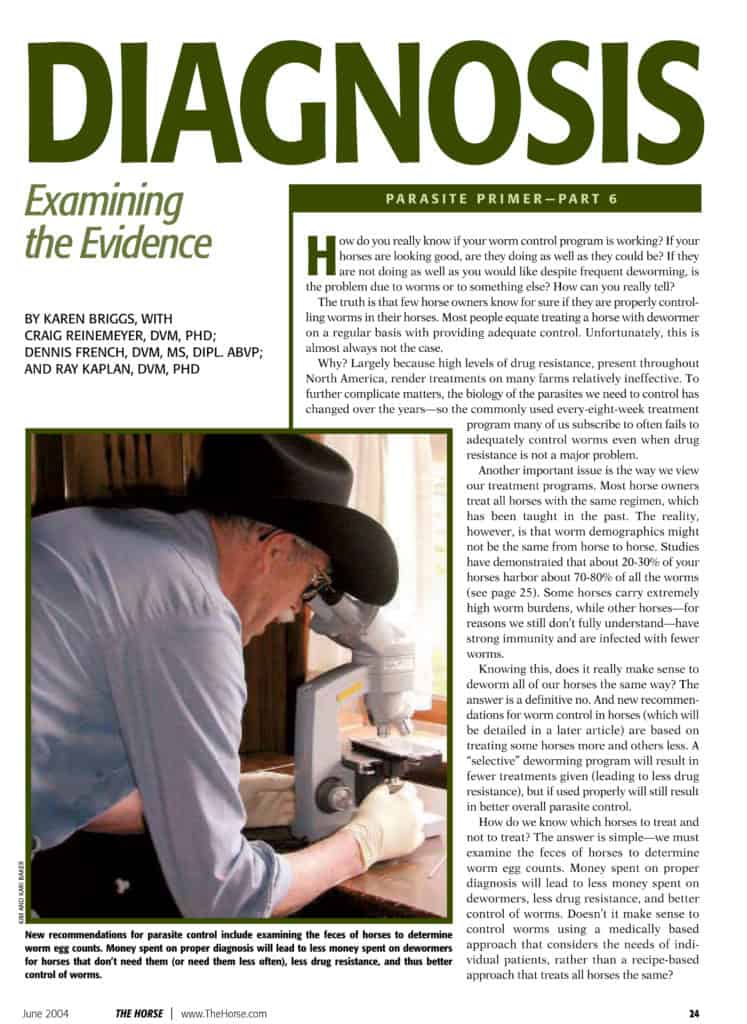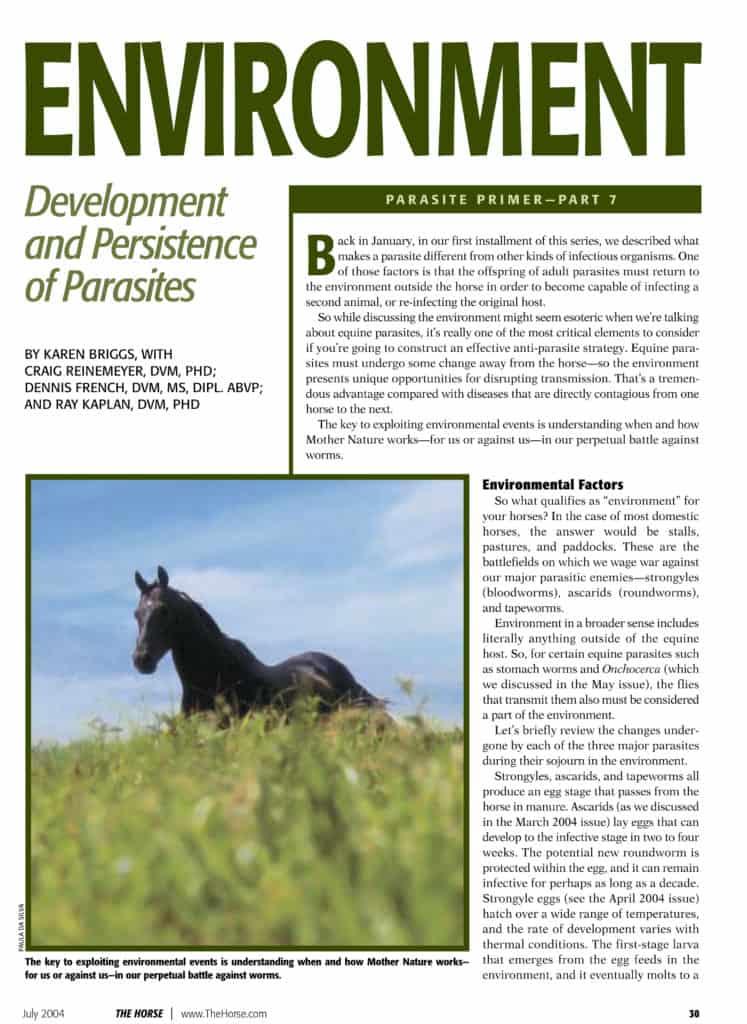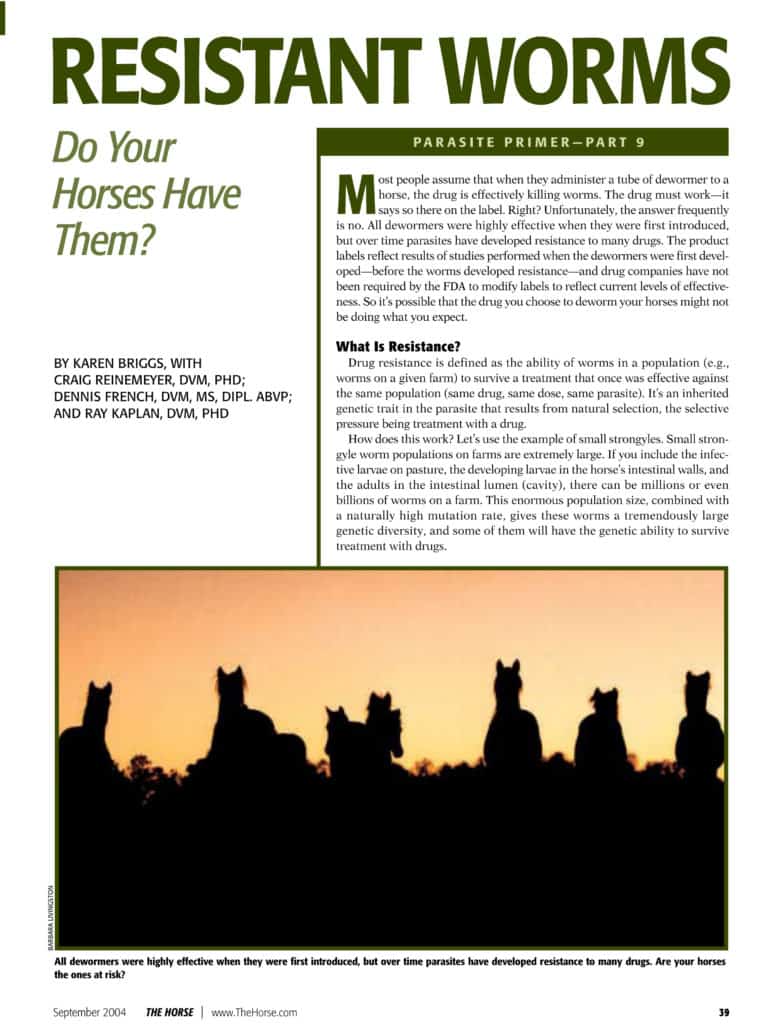‘Fever Ticks’ Spreading Across Texas Could Have Equine Impact
Veterinarians from the Texas Animal Health Commission (TAHC) are worried because fever ticks (Boophilus microplus) capable of carrying and transmitting deadly cattle “tick fever” protozoans Babesia bigemina or Babesia bovis,




















